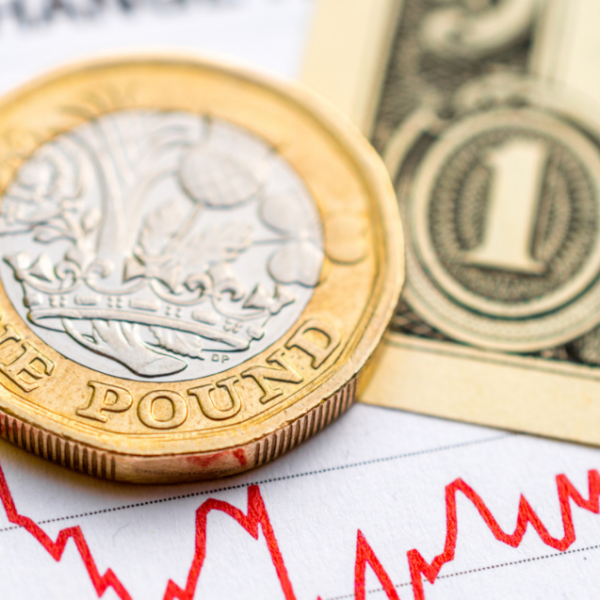GBP has been unable to shirk off the soaring USD as the appointment of Prime Minister Liz Truss did not provide any support to the currency.
Instead, the appointment appears to deliver more downside risk for the currency as proposed fiscal support measures of £130bn (energy) and £40bn (business), respectively, adds to the poor UK current account situation.
High inflation, high energy prices, increasing deficit, recessionary fears, and post-Brexit fears have caused investors to shy away from the UK stock market, as shown by UK 10Y Gilt yields pushing above 3%. While Truss’s efforts may relieve the weight on consumers short-term, the long-term effects might be severe for low-income and indebted citizens.
However, markets await further guidance from the newly appointed Prime Minister, Liz Truss, regarding the details of her fiscal strategies.
GBP/USD price action has somewhat consolidated as it coincides with an oversold Relative Strength Index (RSI). However, considering the fundamental headwinds facing the UK economy, the March 2020 swing low at 1.1410 might just be around the corner.

